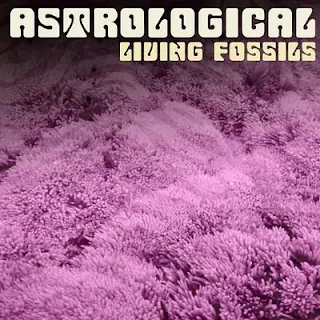
In true, firstly I discovered AstroLogical`s Living Fossils as 5-track EP under Bubblectro label. At the other, Jellyfish Recordings it has grown into a 11-track monster. AstroLogical is an emcee/producer from Vancouver, Canada conveying a kind of cinematic-inflected blend of hip-hop and nu-jazz and just laidback music. It is mightily sampledelic, filled in the concept with dynamic samples of exuberant brass sound, lone string chords, dusty sounds of old keyboards, and suggestive vocal samples, sometimes backed even by powerpop punches (Mother Nature) and dark-hued smog. No doubt, such kind of music has been very popular in recent days as I have earlier introduced the bands like Metawon, Bram Nelson, Kämmerer, The Dirty Samples, Cheese People, Pretty Lights, Mentz among others. And labels by the likes of Humanworkshop, Neferiu and Tokyo Dawn Records as well. My favorite notches on the recent issue are Mustard Evening, Headhunters Melody and Rush Of Colour. All in all, at the most times Living Fossils is a playful occurrence.
Listen to it here
8.8














